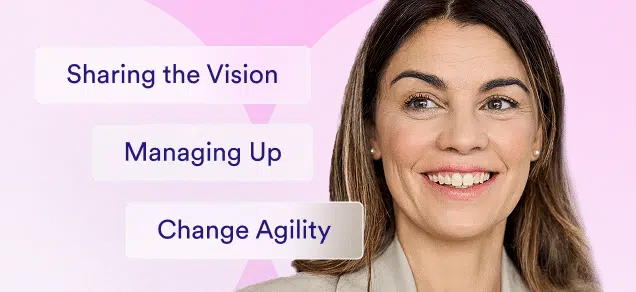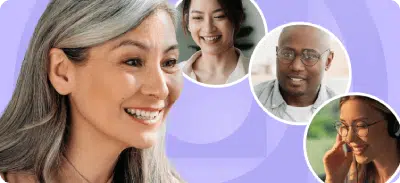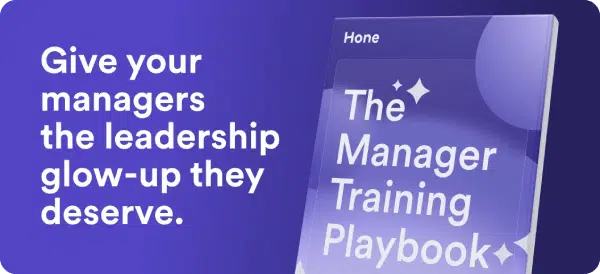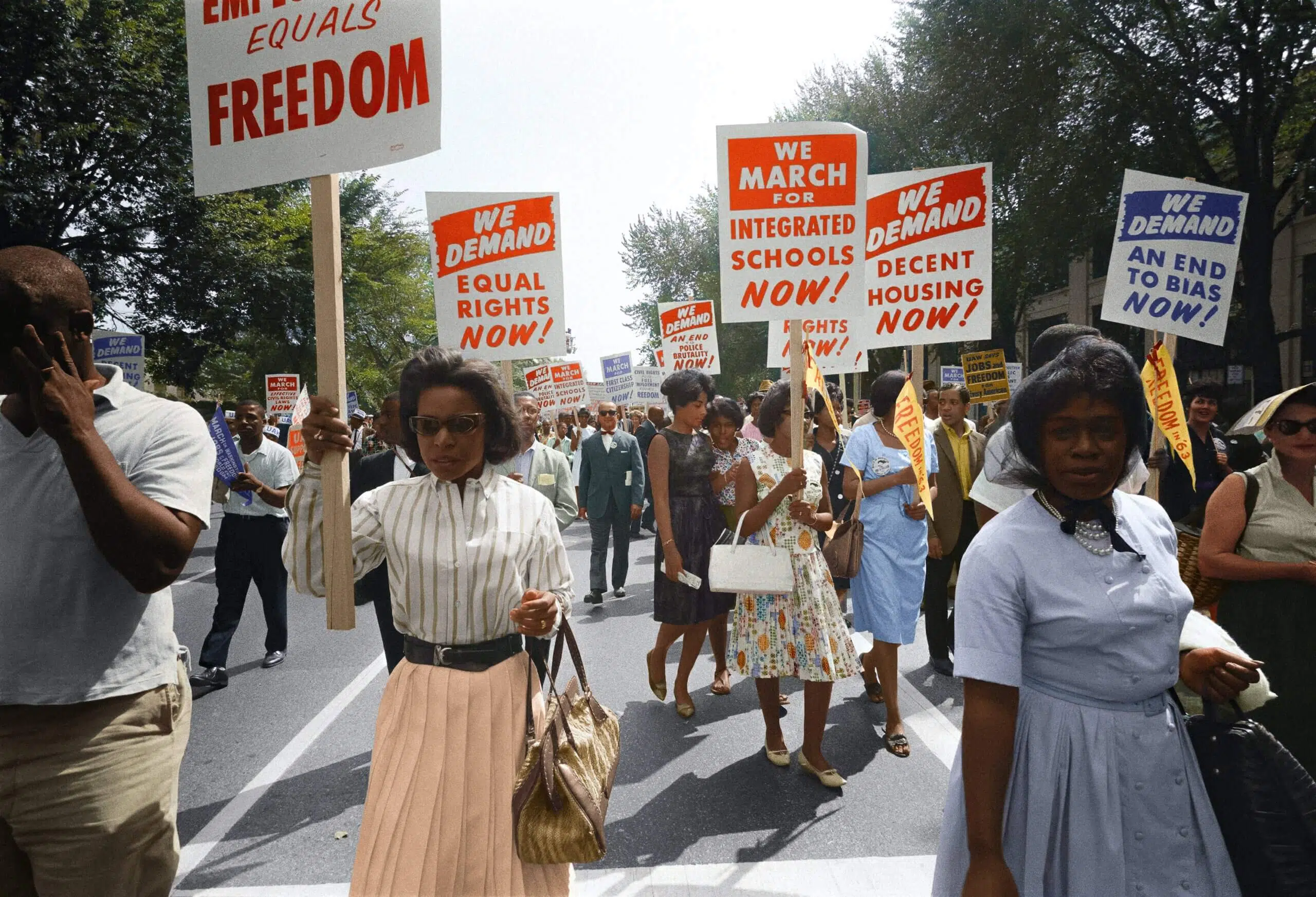February is an important month to honor and learn about Black history. We discover how to build and embrace a better future of diversity and inclusion in the workplace. But how do teams and leaders make DEI a lifelong learning best practice daily? Not just the months or specific calendar days but how to actively do the work each day to become an ally and advocate. To grow in a deeper worldview of acceptance, forgiveness, and personal growth. Let’s explore the lives of thought leaders, mention some helpful resources, and list some thought-provoking resources to encourage lifelong learning.
Lifelong Learning: Resources for Becoming a Partner of Diversity, Equity, Inclusion, and Belonging
James Baldwin once said, “Not everything that is faced can be changed, but nothing can be changed until it is faced.” Lifelong learning takes time, effort, and practice. It takes work not to remain passive and to look around for opportunities to listen more, empathize better, and act when it is required.
Hone is committed to developing diversity, equity, and inclusion programming and sharing this work widely so that all people leaders have access to high-quality DEI training. Our team is devoted to practicing antiracism and presenting a workplace where everyone is welcome and treated equally.
Let’s devote ourselves to quitting doing the bare minimum for training and development—our workforce and society depend on it. According to a recent report, Roughly 80 percent of companies are just going through the motions and not holding themselves accountable.
The Elevating Equity: The Real Story of Diversity and Inclusion Report concluded the following results from 804 HR professionals working in various industries.
- 76% of companies have no diversity or inclusion goals.
- 75% of companies do not have DE&I included in the company’s leadership development or overall learning and development curricula.
- 40% of companies view diversity work as a way to mitigate legal, compliance, or reputational risks, with HR in an enforcer role.
- 32% of companies require some form of DE&I training for employees; 34 percent offer training to managers.
There’s so much work to be done that demands our attention and grasp of knowledge. Think about the last time you invested a few hours to learn about a new culture, historical event, or leader that promoted equity and justice.
You’re not alone if you’re stuck on where to go, what to look for, or who to ask. But your interest, engagement, and willingness to participate in lifeline learning is so important. Here are a few places and people we think will help spark enthusiasm on your journey to understand others and uncover your own bias and life experiences.
3 Leaders to Discover During Black History Month
1. Inez Beverly Prosser: America’s First Black Female Psychologist
When Inez Beverly Prosser was born in Yoakam, Texas in 1897, the world was very different. Even after the start of the twentieth century, it was uncommon for women to complete their high school education – and even more uncommon for women of color. And yet, even from a young age, Prosser recognized the importance of learning.
She went on to receive a degree in teacher training from Prairie View Normal College, which is known today as Prairie View A&M University, one of the 100+ historically Black colleges and universities in America.
Pushed by her love and commitment to lifelong learning, she became one of the first African-American women to receive a Ph.D. in the United States, graduating from the University of Cincinnati at age 36. Prosser is often referred to as America’s first black female psychologist. She never let her gender or race stop her from pursuing her dreams and getting the education she deserved.
2. Alain LeRoy Locke: The “Father of the Harlem Renaissance”
Alain LeRoy Locke was a 20th-century writer, philosopher, educator, and patron of the arts, most known for his title, the “Father of the Harlem Renaissance.” Born in Philadelphia in 1885, Locke adopted a love of learning early in his life thanks to his mother, who was a teacher. He received degrees in English and Philosophy from Harvard University. He became the first African American to be selected as a Rhodes Scholar, an esteemed postgraduate award inviting students to study at the University of Oxford in England.
Locke taught at Howard University before taking a break to receive his Ph.D. in philosophy from Harvard University. Locke returned to Howard University but was briefly fired after fighting for equal pay on behalf of the university’s black faculty.
He became a guest editor of the magazine Survey Graphic’s issue of “Harlem: Mecca of the New Negro,” which discussed the African-American literary and artistic movement known as the Harlem Renaissance. Locke not only raised awareness of the amazing work Black artists and writers were producing, but he also encouraged Black creators to use their self-expression as a catalyst for change.
Gordon Roger Alexander Buchanan Parks: Famed Photographer and Civil Rights Activist
Gordon Parks was a self-taught artist who became the first African American photographer for Life and Vogue magazines. Throughout his life, he was a prolific and world-renowned photographer, writer, composer, and filmmaker. He went on to create projects like ‘Shaft’ and ‘The Learning Tree’.
Parks bought his first camera at age 25 and began documenting life in Chicago. He produced his famous “American Gothic” photo while in Washington, DC with a fellowship with the Farm Security Administration. He became a freelance photographer for Vogue for many years, developing a distinctive style that showed more motion than traditional poses.
He later moved to Harlem where he would become a staff photographer for LIFE magazine, holding this position for 20 years and producing photos in fashion, sports, entertainment, and racial segregation. Parks took portraits of Malcolm X, Muhammad Ali, and Stokely Carmichael. He was a true pioneer that captured the history of civil rights in America.
3 DEI Books We Recommend for Business Leaders
1. How to Be an Inclusive Leader: Your Role in Creating Cultures of Belonging Where Everyone Can Thrive by Jennifer Brown
How to Be an Inclusive Leader is one of the best-selling diversity in leadership books. Jennifer Brown lays out the manager’s responsibilities for creating cultures where every employee feels welcomed and empowered. The book offers a comprehensive step-by-step guide to acknowledging privilege and preconceptions, advocating for employees, and amplifying lesser-heard voices.
2. The Leader’s Guide to Unconscious Bias: How To Reframe Bias, Cultivate Connection, and Create High-Performing Teams by Pamela Fuller, Mark Murphy, and Anne Chow
The Leader’s Guide to Unconscious Bias is one of the best diversity books for managers. Since managers have such great influence over hiring decisions and working environments, it is especially important for them to understand potential prejudices.
By exploring the neuroscience behind bias and championing a more mindful approach, the book teaches leaders how to recognize and overcome internal influences. The book also includes exercises and reflection spaces so readers can practice best practices.
3. Diversity in the Workplace: Eye-Opening Interviews to Jumpstart Conversations about Identity, Privilege, and Bias by Bärí A. Williams
Diversity in the Workplace gathers firsthand accounts of minority experiences in the workplace. The book explores various distinguishers, including race, gender, age, ability, religion, and LGBTQ.
While many diversity books focus on singular identities, Diversity in the Workplace nods to intersectionality and the differences of experience involved in belonging to multiple minority groups. The book provides space for reflection at the end of each section and tips for carrying out constructive conversations about inclusion with colleagues.
3. Podcasts to Expand Your Learning on DEI
1. Untapped
Untapped is hosted by Tariq Meyers, who it turns out is not only a knowledgeable D&I professional but also a pretty good interviewer. “Untapped” regularly features movers and shakers in the diversity and inclusion space who talk about ways to make the workplace more equitable for the untapped talent that may have been overlooked in the past.
2. Code Switch
If you want to hear stories about intersectionality, NPR’s “Code Switch” is the show for you. This podcast looks at how intersectionality impacts every area of people’s lives, from the home to the workplace and everywhere in between. Listen for raw discussions about race and the tough questions that must be addressed to create an equitable society.
3. Littler Diversity & Inclusion Podcast
Littler Mendelson P.C., a law firm that specializes in helping organizations create diversity and inclusion initiatives that are customized for their needs, produces this podcast to give listeners a legal perspective of D&I. Some topics covered include the importance of Juneteenth, intersectionality, affinity groups, and gender equality.
3. Films to Inspire Growth in DEI Continued Learning
- Hidden Figures
Black women have been one of the most excluded groups in the history of mankind. In addition to being affected by machismo, they also belong to a group that has been discriminated against throughout history because of the color of their skin.
The film Hidden Figures tells the story of a group of African-American women scientists who worked at NASA during the 1960s. At the same time, it recounts events of the struggle for civil rights in the United States.
2. Just Mercy
Just Mercy follows young lawyer Bryan Stevenson and his history-making battle for justice. After graduating from Harvard, Bryan might have had his pick of lucrative jobs. Instead, he heads to Alabama to defend those wrongly condemned.
One of his first and most incendiary cases is that of Walter McMillian (Foxx,) who, in 1987, was sentenced to die for the notorious murder of an 18-year-old girl, despite a preponderance of evidence proving his innocence and the fact that the only testimony against him came from a criminal with a motive to lie.
3. I’m Not Your Negro
Writer James Baldwin tells the story of race in modern America with his unfinished novel, Remember This House. The book was to be a revolutionary, personal account of the lives and assassinations of three of his close friends: Medgar Evers, Malcolm X, and Martin Luther King, Jr. At the time of Baldwin’s death in 1987, he left behind only 30 completed pages of this manuscript. Filmmaker Raoul Peck envisions the book James Baldwin never finished.
Bringing the Learning to Life at Work
Hone CEO & Co-founder Tom Griffiths shared his thoughts on the future of diversity, equity, and inclusion at work.
“We are, as a country, at a critical reckoning point as to whether and when we will see a real and sustainable level of commitment from companies concerning DEI initiatives. As we pause this month to pay tribute to so many Black heroes who have come before us, it will be important for us to advocate our company leadership to sustain and underscore the commitment.”
At Hone, we have many resources you can use to educate yourself on the state of diversity and inclusion in the modern workplace and how to be an effective ally. Here’s a round-up of our DEIB resources:
- Racism at Work: How you can step up to drive change
- 7 Characteristics of Effective Workplace Allies
- Addressing 4 Common Microaggressions at Work
- 5 Ways to Boost Workplace Belonging
- How to Build an Anti-Racist Workplace
- Building a Workplace Belonging with Vulnerability and Empathy
- A Guide to Attracting and Hiring Diverse Talent
- 7 Ways Your Company Can Invest in Diversity, Equity, Inclusion, & Belonging (DEIB)
Team Education and Training on DEI Best Practices
We hope you’ve found helpful resources and references to become a lifelong learner in DEI. It is a process that will continue to take work and motivation in your personal life and in your work environment. For business managers and team leaders, Hone has developed expert classes on DEI that are trusted by some of the largest brands. Your team can inspire DEI learning tracks and growth opportunities. Take on DEI training with structure and the ability to measure your team’s access and improvement.











